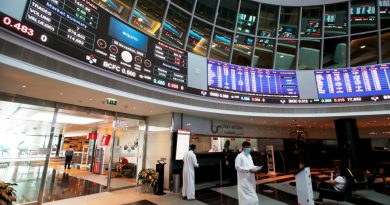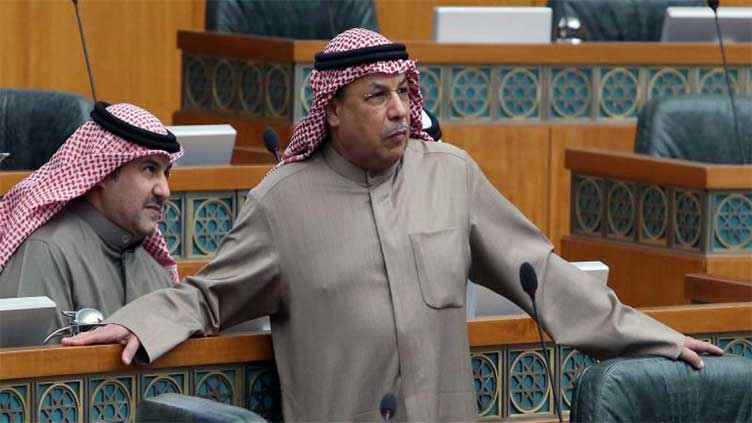Riyadh Tourism Summit Highlights the Significance of Investing in People
With job security concerns prevailing among many potential employees, efforts are being made to restore confidence and financial stability.
Global tourism officials emphasized the significance of investing in people to secure the future of the sector during a meeting held in Saudi Arabia.
As the tourism industry gradually recovers from the impact of the COVID-19 pandemic, concerted efforts are being made to promote careers in tourism and hospitality, recognizing the pivotal role of talent investment in fostering a sustainable sector.
Dignitaries and leaders from various countries convened in Riyadh to commemorate the UN World Tourism Organization’s World Tourism Day.
The participants unanimously agreed that nurturing human capital was essential for building a sustainable and environmentally friendly tourism industry.
Rizki Handayani, Indonesia’s deputy minister for tourism product and events at the Ministry of Tourism and Creative Economy, stressed the importance of human capital development, stating, “We really need to put our efforts into the development of our human capital, their skill, their knowledge, as well as their capability and entrepreneurship”.
The pandemic resulted in the loss of over 62 million jobs globally in 2020, with a significant portion originating from the tourism and hospitality sectors.
Saudi Arabia, however, has made substantial progress in reinstating employment for 80 percent of the industry’s workforce. Nonetheless, concerns about job security continue to hinder many individuals from fully engaging in the sector.
Haitham Mattar, the managing director for the Middle East, Africa, and Southwest Asia at IHG Hotels and Resorts, the largest operator and employer in Saudi Arabia with over 18,000 rooms across approximately 40 hotels, emphasized the critical task of restoring confidence in job security and financial stability for employees.
While the hospitality industry offers expedited career growth and international opportunities, individuals now seek flexibility, work-life balance, and overall well-being in their jobs within areas such as hotels and airlines.
One of the prominent challenges faced by companies lies in providing education and training for prospective employees.
Benoit-Etienne Domenget, CEO of Sommet Education, noted that investment in human capital has not been a primary focus for the hospitality, tourism, and travel sectors globally, with these areas often considering human resources as mere commodities. Consequently, delegates at the meeting debated the necessity of expanding education beyond conventional hospitality skills to ensure that training and content are locally relevant and foster entrepreneurial mindsets.
Christine Bockelmann, dean of Lucerne University of Applied Sciences and Arts, highlighted a study conducted in Portugal revealing that 50 percent of individuals educated in tourism subsequently choose not to work in the field, indicating a problem with the perceived attractiveness of jobs in this sector.
Bockelmann stressed the importance of education, sustainability, and prosperity, emphasizing the need to establish a connection among these three fundamental aspects.
As global tourism officials gathered in Saudi Arabia, they underscored the significance of investing in human capital to safeguard the future of the tourism industry.
Recognizing the need to promote careers in tourism and hospitality, they emphasized the importance of talent development for building a sustainable and thriving sector.
With job security concerns prevailing among many potential employees, efforts are being made to restore confidence and financial stability.
Furthermore, there is a growing awareness of the need to provide education and training that is locally relevant and fosters entrepreneurial mindsets. By addressing these challenges, the global tourism industry aims to create a vibrant and resilient future.



